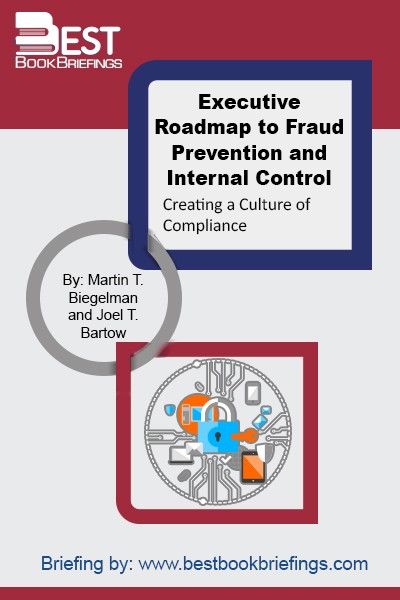Executive Roadmap to Fraud Prevention and Internal Control
Creating a Culture of Compliance
Editorial Review
Arresting every fraudster and punishing him are very expensive and require a lot of unavailable human and financial resources. The damaging effects of fraud would not be reversed, nor would lost assets or reputations be restored when fraud is discovered. It is economically more feasible to prevent fraud than to detect and correct it. Thus, having internal controls that are proactive rather than reactive is no longer a good business practice; it is mandatory.c
Book Reviews
Books on Related Topics
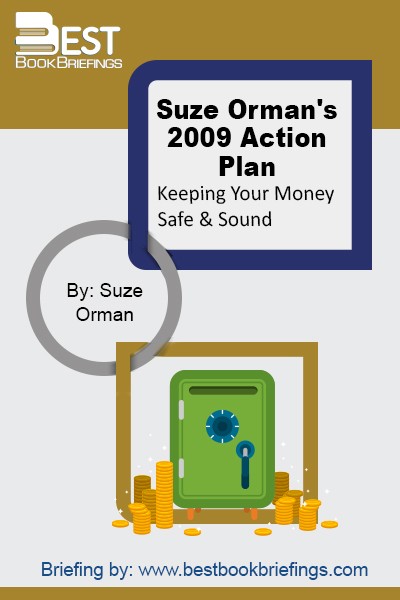
There is a new reality out there–a new normal. What was once certain–that you would be able to retire comfortably; that you would pay for your kids’ education; that your home would appreciate in value–is no longer a sure thing. So much has changed on the financial landscape that it’s hard
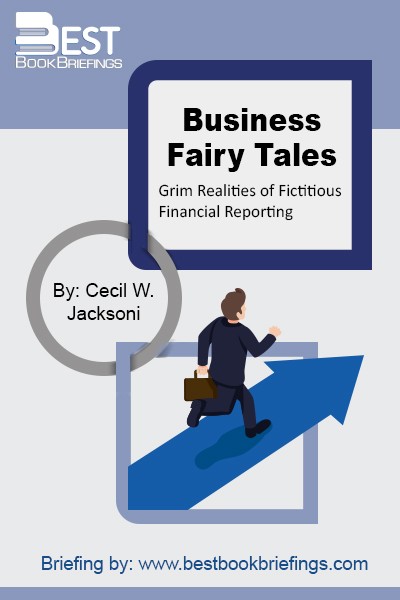
On the heels of the Enron trial, there are many lessons to be learned from the barrage of fraud hammering corporate America -- including how to spot signs of future impropriety. In a gripping and intriguing read, BUSINESS FAIRY TALES uses real-world scandals to illustrate the top twenty most common methods
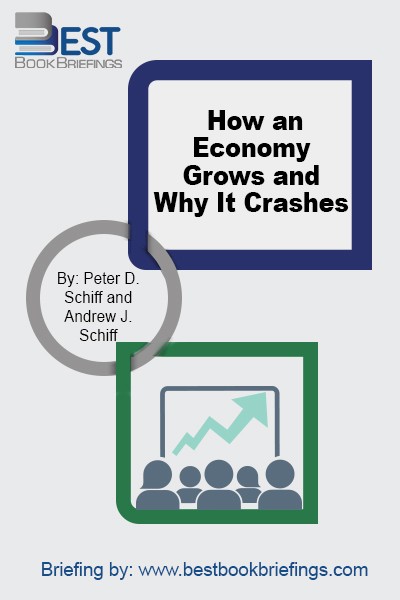
In 2007, when the world was staring into the teeth of the biggest economic catastrophe in three generations, very few economists had any idea there was any trouble lurking on the horizon. Three years into the mess, economists now offer remedies that strike most people as frankly ridiculous. We are told
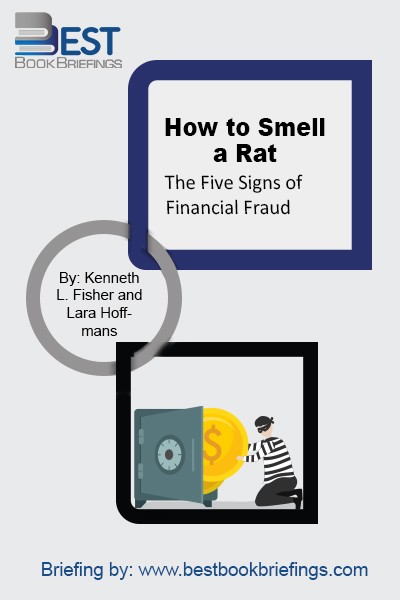
2008 and 2009 will be remembered for bear markets, a global credit crunch and some of the largest investment scams ever. But these scams are nothing new; from Charles Ponzi to Bernard Madoff to Sir R. Allen Stanford, they've been repeated throughout history, and there will certainly be more to come

